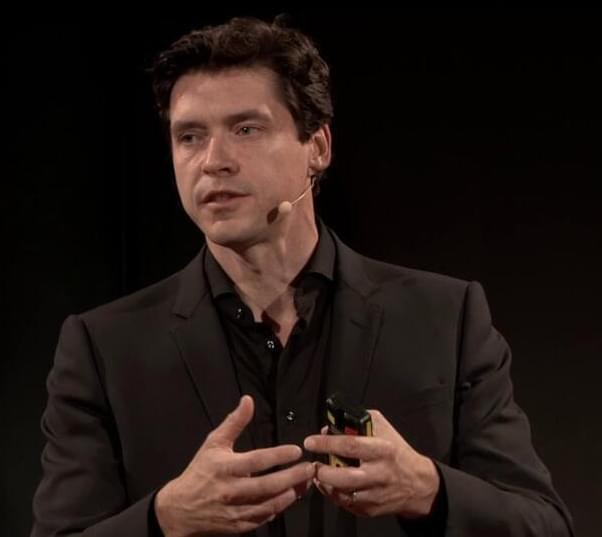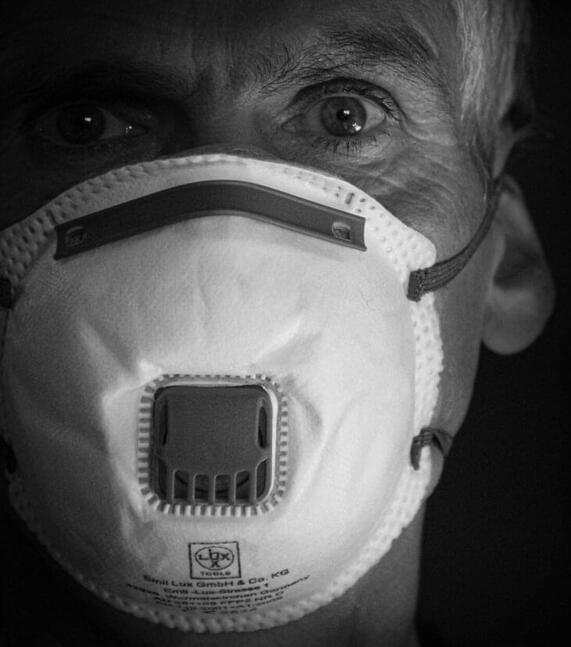Jul 9, 2022
Molecular machines of the future | Hendrik Dietz | TEDxTUMSalon
Posted by Dan Breeden in categories: biotech/medical, evolution, nanotechnology
Evolution has developed very efficient molecular machines, for example for producing energy through rotation. Hendrik Dietz would like to harness these concepts to build his own molecular motors. His group has successfully demonstrated that they can encode and synthesize complex shapes using DNA origami, and have recently discovered how to reduce the cost for mass use and production. With his research, Dietz gets closer to his goal of revolutionizing nanotechnology with the capabilities of molecular motors, just like industry was revolutionized by electric and diesel motors.
. Can you remember playing with legos? Now imagine doing that with molecules. Prof. Hendrik Dietz, professor for experimental biophysics at TUM, runs a lab which does just that. Inspired by the rich functionalities of natural macromolecular assemblies such as enzymes, molecular motors, and viruses, the Dietz lab investigates how to build increasingly complex molecular structures. The goal is to build molecular devices and machines that can execute user-defined tasks. DNA origami in particular enables building nanodevices that can already be employed for making new discoveries in biomolecular physics and protein science. This talk was given at a TEDx event using the TED conference format but independently organized by a local community.


















